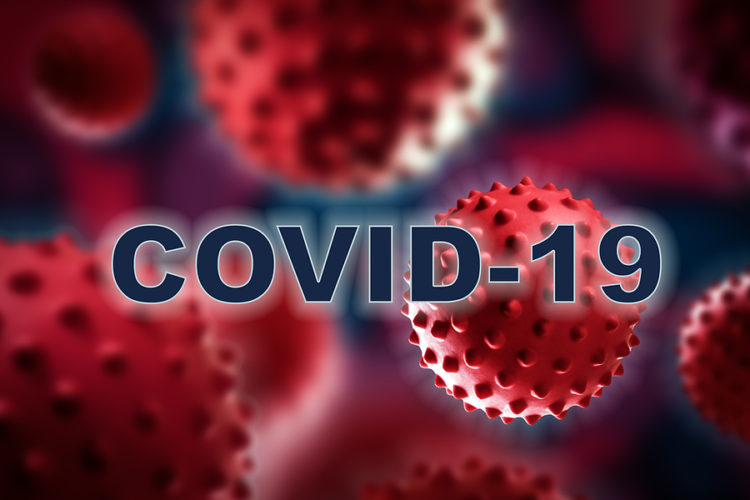COVID: Vaccines Are To Reduce Risk, Transmission A Question Mark

There’s Still Risk Of Transmission With Many Vaccines, Including The Flu Shot
Over the last year, particularly since we’ve started hearing buzz about the development of a COVID vaccine, we’ve all heard various armchair scientists talk about the dangers of this vaccine. There are those who have cautioned against its use, reminding us all about what happened in the 1950s and 1960s with thalidomide, the vaccine that was supposed to combat morning sickness but ended up causing teratogenic effects on babies. There’s also the worry about transmission of the COVID-19 virus, as several reports have noted that whether the vaccine eliminates the risk of transmission is still a question mark.
What seems to be clear is that any iteration of the COVID vaccine that’s out there offers those who get the vaccination protection from more serious symptoms if they do contract the virus and it seems to also eliminate – or at least significantly reduce – the need for hospital stays. That’s a pretty potent argument to get the vaccine right there, given the stresses that the health care system, at least in Canada, has been under as a result of COVID-19.https://f28471040d0a3b262467d093877fd9c0.safeframe.googlesyndication.com/safeframe/1-0-37/html/container.html
However, there are those who have flatly stated that they basically believe the vaccine is mostly pointless, as it doesn’t eliminate transmission of the vaccine. The problem with this line of thinking is that the COVID-19 vaccine is new and until we get the vaccine in enough arms to see what’s happening as far as its true efficacy, we won’t really know what it fully does. Scientific studies will only take us so far before we absolutely have to rely on live data, and that means once it’s been proven safe on humans, which it has been, we have to look and see how people are doing now that they are vaccinated.
We must also be mindful of the fact that there are other vaccines that don’t necessarily fully prevent transmission of whatever virus they’re designed to guard against. For instance, the flu shot doesn’t fully guarantee against transmission; generally speaking, according to a Harvard Health article, it takes a week or two for the flu vaccine to actually protect you, so even that doesn’t fully stop transmission of the virus until it actually kicks in.
There are also concerns that the mRNA component of the Pfizer and the Moderna vaccines are doing something sketchy with your genetics. mRNA, or messenger RNA, allows the genetic code in your body to actually be used. Without it, we’d not be able to synthesize the proteins in our bodies, and some of these proteins play a critical component in fighting viruses. Basically, mRNA allows ribosomes – the parts in cells that synthesize proteins – within our cells to “read” genetic code and follow the instructions within that code. The mRNA within the Pfizer and Moderna vaccines, in effect, tell our ribosomes to start making proteins directly to combat COVID-19. Some have believed that the mRNA rewrites our own genetic code – to what end, I’m not sure, but the mRNA does the job inherent in its name – it’s a messenger designed to tell our cells to start making the tools needed to fight COVID-19 at a cellular level.https://f28471040d0a3b262467d093877fd9c0.safeframe.googlesyndication.com/safeframe/1-0-37/html/container.html
I realize there are a ton of unknowns out in social media and the regular media that talk about vaccines, and I understand that a lot of that information can be scary, but we have to look at truth here. We know the vaccines are safe. We are starting to see that the vaccine can be as much as 85 percent effective against COVID-19 even with the first dose of the vaccine because we’ve had just over two million individuals in Canada receive even just the first of two COVID shots. That’s a significant amount of tangible evidence that things are working in a positive way.
Has it been a flawless process? No, as there are people who have had, on occasion, an adverse reaction to any one of the four versions of the virus currently in circulation in Canada. Is it better than continuing to lock down and live a life that has been so far from normal people’s collective mental health is taking a toll? Absolutely, and while I appreciate that people have the right to refuse to get a vaccine, I will not be one of those.
I’d line up tomorrow, if I could.BY CHRIS ST-JEAN







No Comment